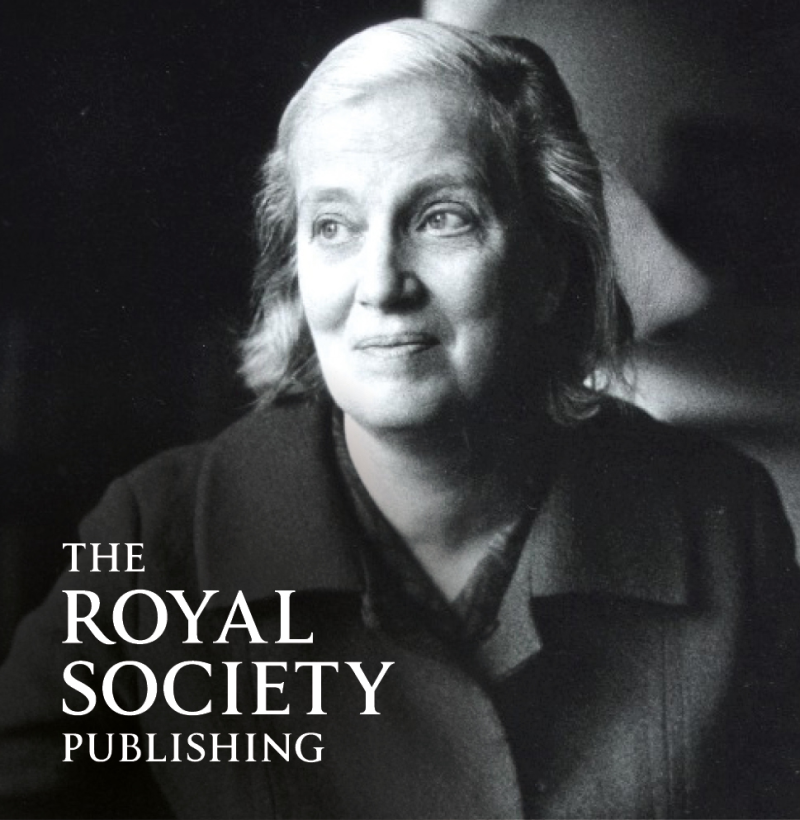Biographical Memoirs of Fellows of the Royal Society offers a unique insight in to the life's work of some of our greatest scientists. Here we discuss who should be reading the memoirs and why.

Since 1932, the Royal Society has published extended obituaries of its Fellows and Foreign Members in Biographical Memoirs of Fellows of the Royal Society. Almost 90 years later, the memoir collection has grown into an authoritative account of scientific achievement in the 20th and 21st centuries.
The Royal Society’s Fellowship consists of pioneers from across the full spectrum of scientific research, and this breadth of science is reflected in the multidisciplinary nature of the memoir volumes. The memoirs are usually written by former colleagues or students, who themselves are experts in the area, ensuring a definitive description of the science as well as providing a unique insight into the lives of these great scientists. By browsing the memoirs, you can discover how the science was achieved within the historical context and follow the development of a specific scientific discipline through the decades. Be inspired in your own work by reading about how some of our greatest scientists accomplished their successes.
As of January 2020, the memoirs are now free to access for everyone from the day of publication, so there are no restrictions on this valuable resource for scientists, historians of science, students, and everyone in between. Why not start with Alan Turing, Stephen Hawking, Francis Crick or Dorothy Hodgkin.
Here, Editor-in-Chief Professor Malcolm Longair suggests who should be making the most of the memoirs and why:
You can also find tips for searching the back catalogue of memoirs and obituaries or explore the latest memoirs.
